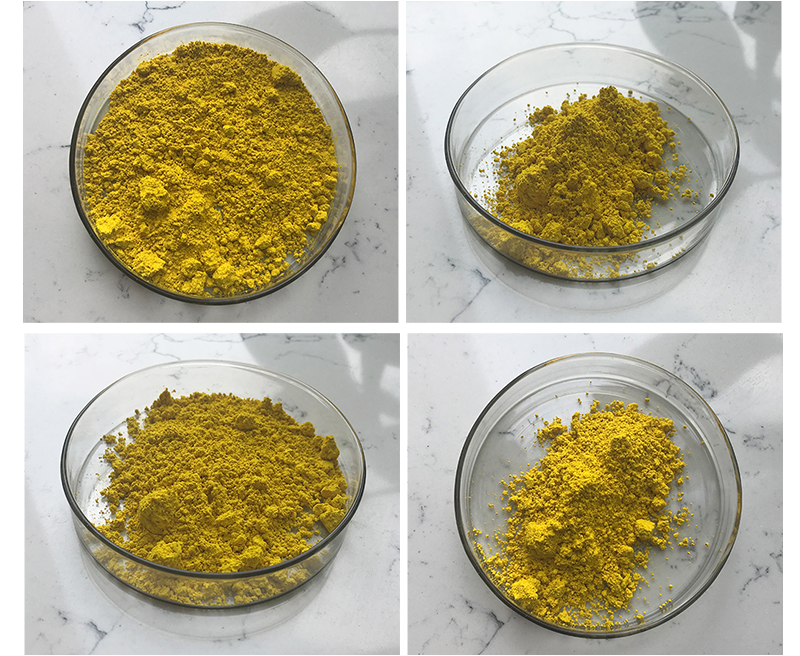Berberine HCl can be detected and quantified using various analytical methods. Here are some common techniques:
- High-Performance Liquid Chromatography (HPLC): This is one of the most widely used methods for the analysis of berberine. It allows for the separation and quantification of berberine in various samples, including herbal extracts and pharmaceutical formulations.
- UV-Vis Spectroscopy: Berberine has a distinct absorbance at specific wavelengths (around 340 nm). This method can be used for quantitative analysis but may require prior extraction and purification steps.
- Mass Spectrometry (MS): Coupled with chromatography (like LC-MS), mass spectrometry can provide sensitive and specific detection of berberine, allowing for the identification of its molecular weight and structure.
- Capillary Electrophoresis (CE): This technique can be used for the separation and analysis of berberine, particularly in complex mixtures.

- Thin-Layer Chromatography (TLC): Although less common for quantitative analysis, TLC can be used for preliminary identification and qualitative analysis of berberine.
- Infrared Spectroscopy (IR): This method can be used to identify functional groups in berberine, although it’s not typically used for quantitative analysis.
These methods may vary in sensitivity, specificity, and the type of sample they can analyze, so the choice of method often depends on the specific requirements of the analysis.
Advantages of Berberine HCL
Berberine HCL (Hydrochloride) is a compound found in several plants and has gained attention for its potential health benefits. Here are some advantages associated with Berberine HCL:
- Blood Sugar Control: Berberine may help lower blood glucose levels and improve insulin sensitivity, making it beneficial for individuals with type 2 diabetes.
- Cholesterol Management: It has been shown to help reduce total cholesterol and LDL (“bad”) cholesterol while increasing HDL (“good”) cholesterol.
- Weight Management: Some studies suggest that Berberine can aid in weight loss and fat reduction, possibly by improving metabolic function.
- Anti-Inflammatory Effects: Berberine possesses anti-inflammatory properties, which may help in reducing inflammation in the body.

- Antimicrobial Activity: It has demonstrated antibacterial, antifungal, and antiviral properties, which may help combat various infections.
- Gut Health: Berberine Hcl may positively influence gut microbiota, potentially improving digestion and gut health.
- Cardiovascular Health: By improving lipid profiles and reducing inflammation, Berberine may support overall heart health.
- Cognitive Benefits: Some research suggests that Berberine may have neuroprotective effects, which could be beneficial for cognitive health.
As with any supplement, it’s important to consult a healthcare professional before starting Berberine HCL, especially for individuals with existing health conditions or those taking medications.
